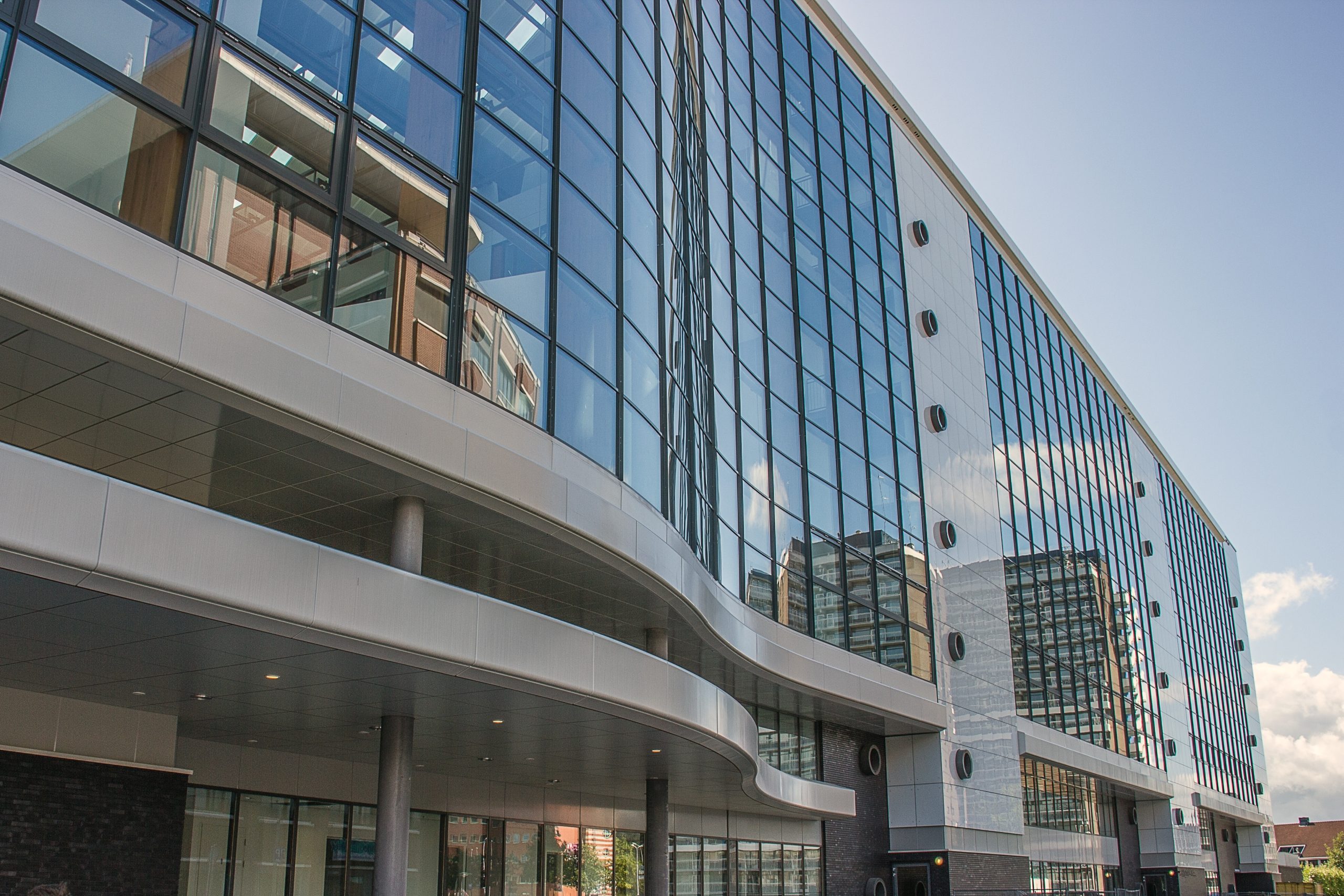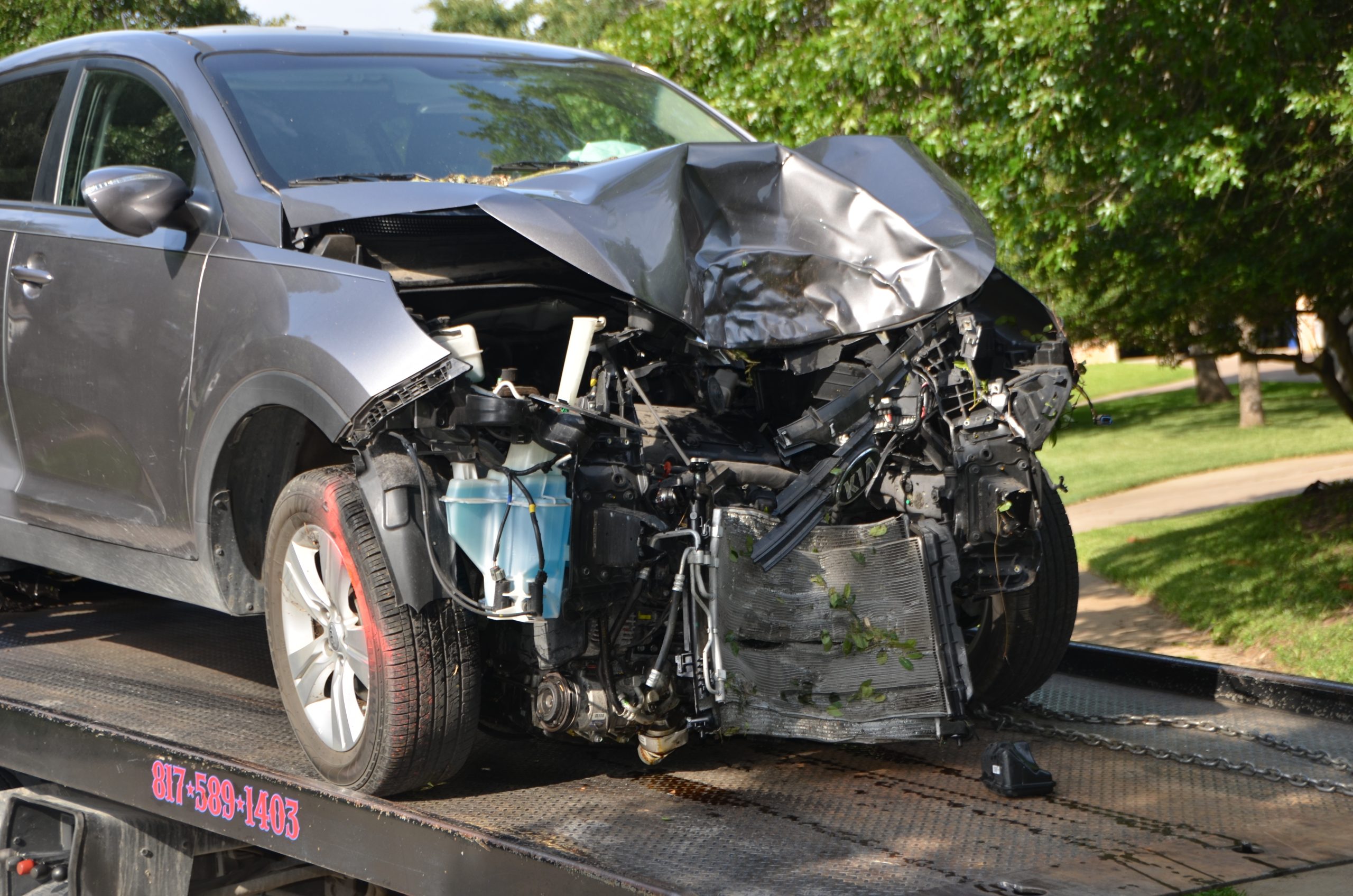 Does a physician’s use of differential diagnosis raise a medical malpractice issue in Louisiana? That question is at the center of a recent medical malpractice case out of Lake Charles. The Louisiana Third Circuit Court of Appeal addresses liability attached to a method of clinical diagnosis known as a differential diagnosis.
Does a physician’s use of differential diagnosis raise a medical malpractice issue in Louisiana? That question is at the center of a recent medical malpractice case out of Lake Charles. The Louisiana Third Circuit Court of Appeal addresses liability attached to a method of clinical diagnosis known as a differential diagnosis.
On February 23, 2011, after experiencing two seizure-like episodes, Ms. Judith LeBlanc was seen in the emergency room of CHRISTUS Health Southwestern Louisiana (St. Patrick’s Hospital) by her primary care physician Dr. Lewis. Ms. LeBlanc was being treated for a jaw infection and scheduled for a tooth extraction the next day. Dr. Lewis ordered several tests over the next few days to rule out multiple potential underlying conditions. Although Dr. Lewis made a differential diagnosis that included sepsis as a possibility, Ms. LeBlanc was not treated for sepsis because she displayed no signs of it. Two days after her discharge, Ms. LeBlanc developed seizure activity and cardiopulmonary arrest and eventually passed.
A medical malpractice lawsuit was filed by Leblanc’s family. As part of the lawsuit, a Medical Review Panel met and found that neither St. Patrick’s nor Dr. Lewis breached the standard of care. St. Patrick’s and Dr. Lewis relied upon the Medical Review Panel’s findings in filing motions for summary judgment to dismiss the lawsuit. The Fourteenth Judicial District Court for the Parish of Calcasieu granted those summary judgment motions and Leblanc appealed.
 Insurance Dispute Lawyer Blog
Insurance Dispute Lawyer Blog


 Although car accidents are common, they are still stressful. When you suffer a medical injury from an accident, you must have evidence to prove your injuries. One way to do so in Louisiana is using the “Housley” causation presumption. The following case helps answer the question, what exactly is the “Housley” presumption?
Although car accidents are common, they are still stressful. When you suffer a medical injury from an accident, you must have evidence to prove your injuries. One way to do so in Louisiana is using the “Housley” causation presumption. The following case helps answer the question, what exactly is the “Housley” presumption?